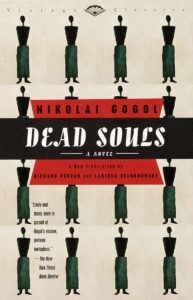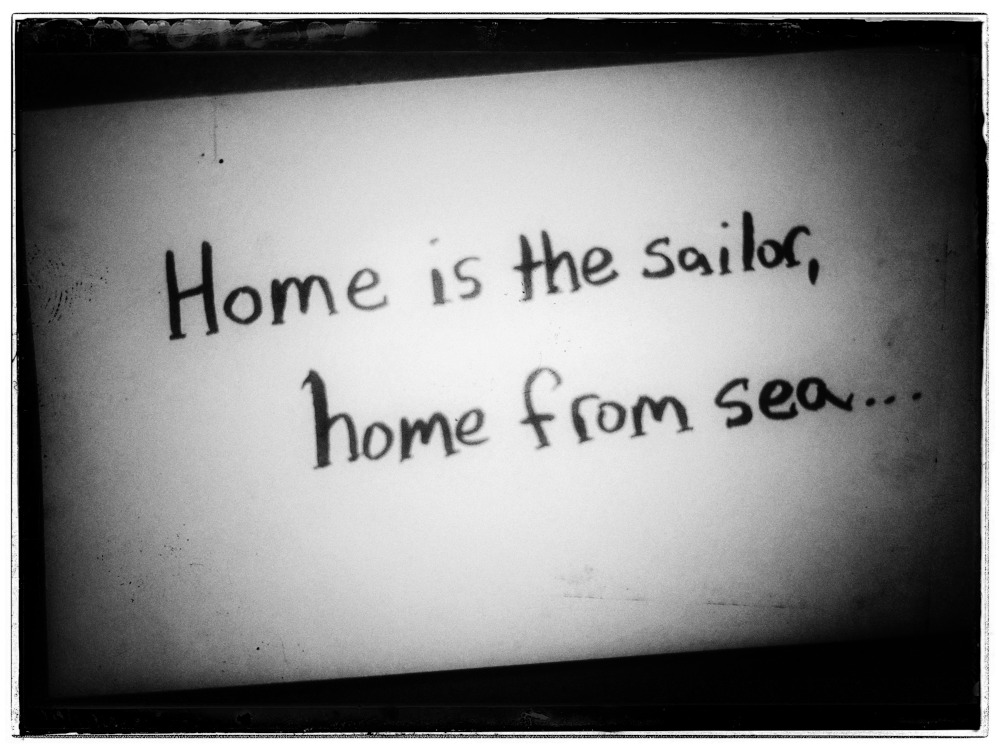
I spent the morning reading a bit more about Robert Louis Stevenson, who, it turns out, moved to Samoa due to chronic health problems. It seems to me that it was a common thing in the past to suggest that people suffering from bronchitis or other respiratory infections were told to go someplace else “for their health.” Not only did Stevenson live in Samoa for his health, he also spent time living in France.
Imagine! Your doctor pulls a thermometer out from under your tongue, looks at it, sighs, and says, “You’d better move to Paris.” He says it “Pair-ee.”
The nineteenth century really was a different world. Seriously, though, when did doctors stop telling people to get some “sea air” or “more sun?” And was that all quackery, or does it actually help sick people to move half-way across the globe? I wish doctors still did that. “You’ve got a cold. Here’s some heroin and a ticket to Hawaii.“
With the healthcare system we have in America, though, your GP would probably tell you to go somewhere shitty, like Texas. Or Georgia.

Now that I’ve finished up Treasure Island, I’ll be switching gears a bit and tackling a seminal work of Russian literature, Dead Souls by Nokolai Gogol.

This is a book that I know next-to-nothing about, and I’m looking forward to “going in blind.” I can already guess that I’m going to get confused by the characters’ names — Russian names all sort-of blend together when I read Russian novels, and this book has been described as “Dickensian,” which means there’s going to be a britzka-load of characters.
Still. Russian literature has always been surprising. When I read The Brothers Karamazov way back in the day, I was amazed at both the humor and the characterization. I’ve always had a bit of a preconception that Russian literature is as dry and bland and a frozen parsnip, but there’s always something that winds up amazing me.
I hope Dead Souls does the same.

Mornings for the past few days have been filled with dense fog and unearthly quiet. The days between Christmas and New Years are a kind of temporal limbo, and I’m afraid its affect the weather patterns.

